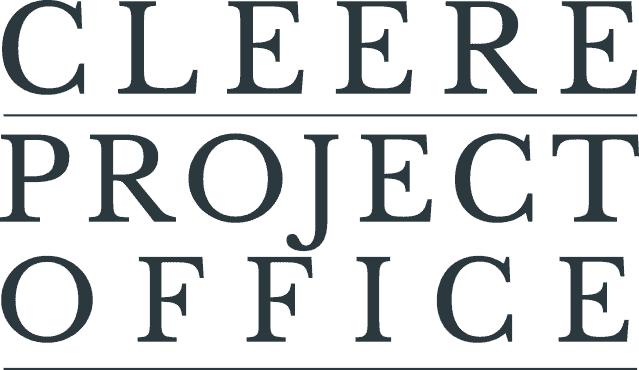Project Management for Start Ups

A startup is a company, a partnership or temporary organisation designed to search for a repeatable and scalable business model (Steve Blank, Statup Owner’s Manual 2012). These companies, newly created, are in a phase of development and research for markets. The term became popular internationally during the dot-com era when a great number of fast growing businesses were founded over a short period of time.
Startups by nature must begin with a great deal of planning which would include visioning, setting goals, gathering business requirements and researching markets. These are the logical and must do steps prior to engaging in any product or service development. So given all this how can project management be of benefit to the startup? One way to answer this question is to consider the following.
In Erin Griffiths article fortune.com, why startups fail 25/09/2014, the following are noted as the top five reasons why startups fail:
1. No market need for your good or services
2. Lack of cash or cash flow issues
3. Wrong people for the business or key person leaves
4. Being out-competed
5. Price/Cost issues
According to PMI (Project Management International) a project is temporary in that it has a defined beginning and end in time, and therefore defined scope and resources. In fact PM is the science of getting things done and provides focus and control to the business on achieving its goals.
So here are five project management techniques/tools which would help address the failures above:
1. Assist setting your business goals through robust requirements gathering and analysis of the markets
2. Providing strong business cases and cash flow projections through cost/benefit analysis and payback period techniques
3. Focusing on people through communications and HR management techniques such as team development, coaching and feedback
4. Getting to the market with products and services quicker through the focused and flexible PM Agile techniques including producing real benefits early and progressive elaboration to meet ever changing markets.
5. Engaging in real business and market analysis through robust requirements gathering and stakeholder elicitation techniques to garner price comparisons.
All of the above are proven project management and business analysis techniques, procedures and tools which do not require considerable skill, time and cost to implement as part of your startup. Contact CURO today at curo.ie for your startup training consultation.

